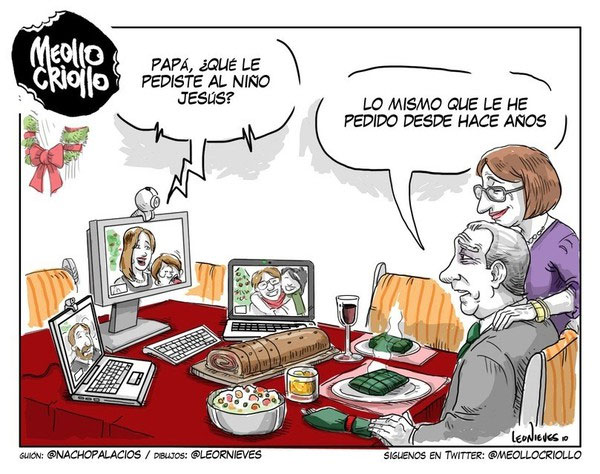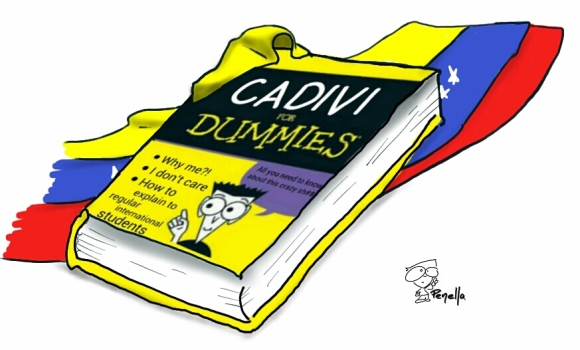Top 3 questions about Venezuelan Elections on December 6th, 2015
For the first time in 16 years, the “chavismo” -as Chavez’s followers are known – lost its majority of seats in the National Assembly, and the opposition has won 112 seats out of 167, which represents a 2/3rd majority.
Here are some basic questions that will help you understand the current situation in our country:
1. Is Maduro still Venezuela’s president?
Yes, Maduro remains the President of Venezuela. The elections on December 6th were held to elect the new members of the National Assembly. So, how much power does our National Assembly have? Well, it is through the national assembly that the government officials propose new laws and/or changes that, if supported by the majority of its members, will come to pass and be enforced.
Basically, if you control the National Assembly, then you have the capability of creating any law that suits your every need, an advantage the current government always had, until now. This is why we may still be stuck with Maduro but we will no longer be pushed around.
2. Why is this so important?
With what proves to be a certified majority represented by the 112 elected members of the National Assembly, the newly appointed assembly could be able to:
- Call upon a referendum, also known as a popular vote, to resolve matters of national importance.
- Promote decentralization by redistributing and dispersing functions, powers and people throughout each municipality and state.
- Appoint the judges that will make up the Supreme Court of Justice, known to Venezuelans as “El Tribunal Supremo de Justicia”.
- Approval of projects concerning constitutional reforms.
- Appoint the members of the National Electoral Council, a.k.a the “CNE”.
- Approve the necessary guidelines to undergo an economic and social development plan.
- Approve an amnesty law to exempt prosecuted political leaders from criminal liability for supposed crimes such as the opposition leader Leopoldo Lopez, the mayor of Caracas Antonio Ledezma, and 75 other political prisoners.
3. So now you can go back to your country, right?
Actually, it is not that simple. Venezuela is going through a triple-digit inflation, the highest inflation and worst economic performance in Latin America in 2015. Shortages of basic goods(milk, diapers, medicines, etc.), and endless hours in line hoping you’ll manage to get your hands on what you can, demonstrates what years of poor management will do to a country.
For all Venezuelans living abroad, these elections were a boost of hope and strength. And now, we are motivated to work harder than ever to reconstruct our nation. Perhaps, it’s still not the right time to go back to our beloved homeland but it might be just the right moment to think about the possibility of returning home sometime soon. Being far from home doesn’t mean that we don’t think and work for a better country- there are several organizations dedicated to solving problems in Venezuela. To us, the reality that there will come a time where we can return home has recharged our once drained batteries and has fueled our desire into becoming the best professionals we can be, to offer our acquired experiences and skills to the development of the country that we so desire Venezuela to become.
This is me…
These were the first elections in which I was not able to vote. Sadly, I wasn’t the only one, and a lot of Venezuelans were unable to travel there and “vote for change”. Far away, but never absent, we spent last Sunday sitting in front of the computer, looking for news on Facebook, Twitter, Youtube, and all the social networks and websites you can imagine. We were also in touch with our loved ones, and thanks to technology, we were able to read and share the news with them.
The result marked the opposition’s first major electoral victory since Chavez became president, and Venezuela showed that we all want and deserve a better country.
Glory to the brave people of Venezuela – ¡Gloria al bravo pueblo! –
Katy Da Silva
Collaboration: Alvaro Lossada





















